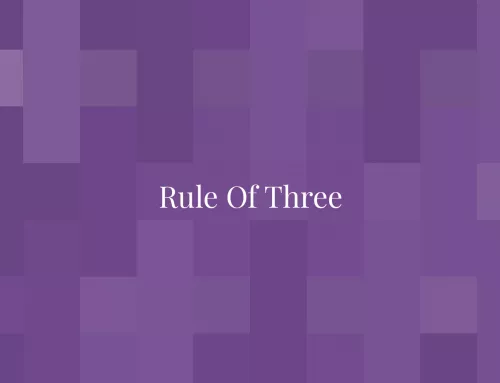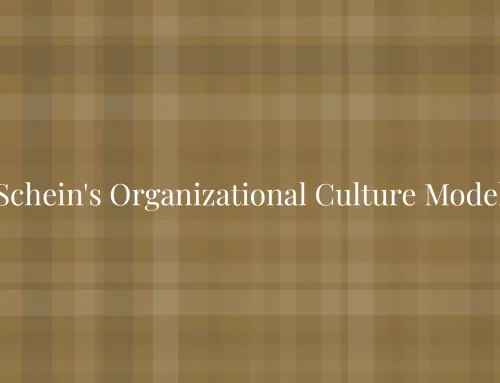Most consultants will find the task of writing the meeting minutes cumbersome and boring. You feel that you have done this at least a million times – diligently write down the important points and after the meeting is over, synthesise and send it out to the participants. Often, you feel that your email got sucked into a black hole as you don’t hear back from the participants.
Sometimes, a few participants request corrections, additions or re-formulations. So, the last thing you or your staff wants to is to take the minutes. But, this seemingly trivial activity is an important and often necessary task. Here are some benefits from this mundane task:
Increase productivity
Creating the meeting minutes is a clear task with a concrete type of result. To actually deliver the minutes, you must actively participate and record the key facts. You have a defined mission, it’s time to stay tuned. This is pure productivity! As a writer, you role in the meeting is quite significant. If you don’t understand relationships or if you lack information, you just ask for clarification. This defines the pace, encourages reflection, and may give the meeting a whole new trajectory. Your protocol gives you authority.
Determining the facts
Talk is cheap. The participants quickly and easily exchange words. However, a few days later, nobody remembers the details. As a meeting master, you record the facts in black and white, leaving no room for speculation. Thus, you define the baseline for the subsequent steps in the project. Science has proven that information that was written and recorded stays longer in the memory than when purely spoken.
By writing the meeting minutes, you could better recall the topics discussed. Subsequently, you can synthesise the relevant knowledge and share essential insights to the team, making you an indispensable person to have. Through repeated participation and notes taking, you develop further expertise, which makes you an important person, especially on customer projects. Customers and colleagues are very likely to be grateful if you take over this unpopular task for them.
If you volunteer as a meeting minutes manager, you also signal the high personal stake of the topic. This is an opportunity to increase your value and status on the customer project through your committed behaviour.
How do you take minutes?
The guiding question here is: What will help the group later? If you aren’t sure, ask the participants for inputs. Meeting minutes often include:
Date
This makes it easier to find the minutes afterwards and pinpoint when a decision was made
Participants
Clearly identify all the invitees and the final list of participants. This provides clarity about those involved in decision-making
Agenda
This helps those who missed the meeting to understand the decisions made. As the minutes taker, you don’t have to compile the Agenda. However, as a consultant, you could compile and distribute the Agenda prior to the meeting. You could also source the Agenda items from the participants. If they send agenda items electronically, you can include include it in the minutes as well
Decisions
Decisions that were made and the underlying reasons. If you think people who missed the meeting might disagree, this section will be extremely helpful
Action items
Include deadlines and names for the action items. A shared record of action points means everyone knows who they need to check with if something isn’t getting done. Plus, it provides a contact point if someone wants to offer help
Next steps
Document the date, time and location of next meeting if it was agreed during the meeting. This helps remind everyone, and makes it easy for people who missed the meeting to stay in the loop.
Tasks for after the meeting
Making the minutes actionable is just as important as writing them down in the first place.
Synthesise
You may start typing them up if you took the minutes by hand. Use simple and clear words, rather than jargons, acronyms or academic words. The layout should be simple to pick out the main points. Try using bold or a different colour for decisions and action points. Give each agenda item a clear header. Subsequently, check if the minutes is clear and contain enough information for the participants. Keep the minutes short, even if this means deleting some bits. Reading the minutes should not be an onerous task.
Validate
Different participants in a meeting might have understood some details differently. So, it’s good to let them check what you’ve written. You could email the minutes right after the meeting to the attendees, so they can validate the accuracy of your notes when the discussion is still fresh in their minds.
Distribute
Circulate the final minutes to the entire group as quickly as possibly. This compels participants to get on to their action points at the first opportunity. This also ensures that announcements get out while they are still relevant.
Archive
Your minutes are only useful if people read them. You might archive your notes in a way that is easy to refer to in the long term. For example, a single document for all decisions made that you may want to refer to in the future. An action points document that everyone can access enables the team to tick off completed tasks. This way, you can quickly view action items from previous meetings that haven’t been completed. One option is to keep these documents somewhere secure on the intranet or a different, secure online location.




